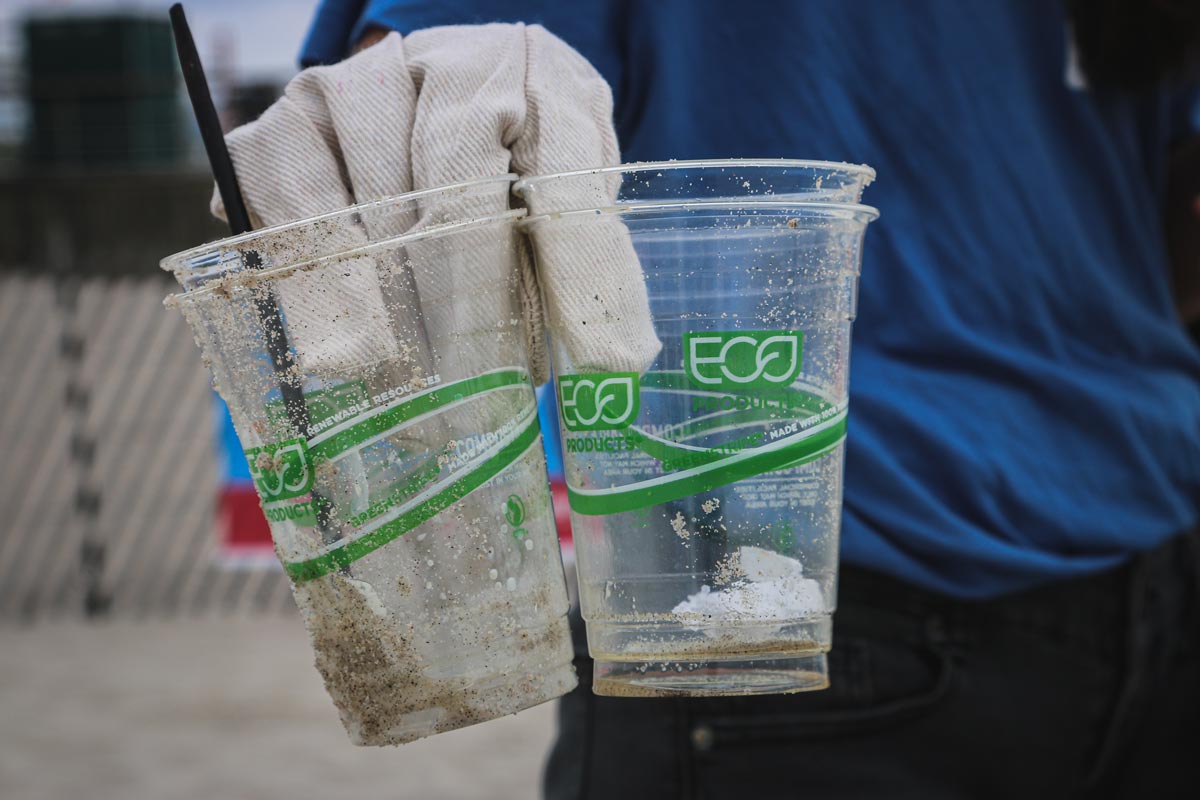Greenwashing : Are you eco and honest?
Greenwashing. What is it?
According to Investopedia the phrase relates to the process of conveying a false impression or providing misleading information about how a company’s products are more environmentally sound. It’s a term that actually dates back to three decades ago, coined by environmentalist Jay Westerveld.
What’s the big eco deal?

In a climate when the eco-conscious consumer is now part of the core UK demographic, it’s no surprise that marketeers are keen to identify or infer a green sheen that will endear them to their desired target audience. After all, with a study by McKinsey revealing that 70% of Gen Z shoppers want to buy from ethical companies and Nielson research indicating that 73% of millennials are happy to spend more on sustainable brands, a business would be mad to ignore the appetite for green.But simply introducing a brand which ticks some of the boxes is not enough.
Not only is there an increasing requirement to have the ability to substantiate any claims with clear, unequivocal, and credible proof which will refute any inferred allegations of greenwashing. There is also the additional need to be able to literally demonstrate that environmentally sound practices are running through the veins of the business.
Within the food and drink sector, while a company may be compliant in terms of recyclable, no plastic, sustainable packaging; ethical manufacturing and genuine contributions to a relevant environmental cause, consumers now need further reassurance well beyond these obvious positive attributes.
What next?
According to BBC’s Talking Business we may see a future which requires firms to not only disclose their financial results, but also what they’ve achieved in a given year in terms of their environmental impact and performance. Looking ahead, standardising terms such as ethical, sustainable etc. may also help to contribute to addressing the problem.
The Competition & Markets Authority can push businesses to change labelling, revise advertising, look at in-house systems, publish better information for consumers and publicise any mistakes. We all know that once a consumer considers they have been duped, regaining their custom, let alone loyalty is an uphill struggle. Bad news sticks.
So, tread carefully before launching with a fanfare of environmental virtue and beware the trap of the green sheen.


